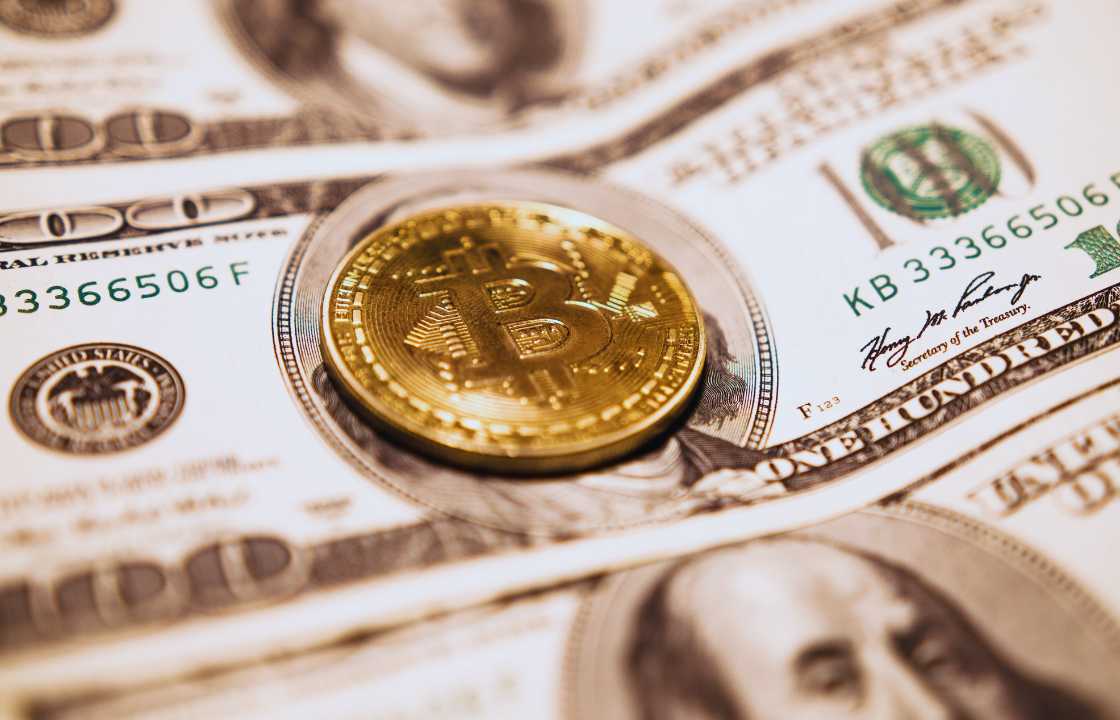Imagine leading an ordinary family life in a given nation when a sudden crisis emerges. This crisis might be spurred by the advent of an autocratic regime, a widespread genocide, or an armed confrontation. Amid such turmoil, two primary challenges arise: ensuring the safety of your family, preferably in another country, and safeguarding your savings to aid your relocation. While escape plans are subjective and depend on individual scenarios, this discussion focuses on a universally applicable strategy for preserving savings.
STRATEGY FOR TRADITIONAL SAVINGS PRESERVATION
Securing your savings while escaping a conflict-ridden country has always been challenging. Individuals fortunate enough to possess wealth before a crisis hits may find it strenuous to protect it under sudden pressure to flee their homeland.
PROPERTY OWNERSHIP
You might own a house, whose value has appreciated considerably over the years due to favorable economic policies. On paper, this increase in value makes you appear relatively affluent. However, the liquidity of such an asset becomes a concern when time is a constraint. Market demand for properties might plummet in response to the crisis forcing you to flee—for instance, during a foreign invasion, real estate demand in the affected area freezes, while supply skyrockets due to homeowners eager to sell. Unless you predicted the crisis and sold your property beforehand, you are unlikely to liquidate your home’s value when it’s most needed.
BANK SAVINGS
Assuming you successfully sold your house before the crisis, your bank account is likely well-stocked. But if the crisis encompasses the whole nation, swift withdrawal or transfer of your savings might become an impossibility. History has recorded instances where bank holidays were declared during crises, depriving account holders of access to their money when they needed it most. A recent example is Lebanon’s economic crisis, where banks and ATMs were shut down to prevent clients from withdrawing their money. Even if you hold your account in a foreign currency such as the dollar, you may still face risks. In Lebanon, for instance, dollar accounts were forcibly converted to a Lebanese pound, which had lost 97% of its value against the dollar since 2019. Moreover, banking systems across the globe operate on a fractional-reserve basis, making them susceptible to bank runs and potential collapses. A case in point is the recent downfall of U.S. banks—Silvergate Bank, Signature Bank, and Silicon Valley Bank—which underscored this vulnerability.
Nevertheless, there usually exists a gap of a few days between the onset of a crisis and a complete bank holiday. If you anticipate that banks might soon restrict access to your savings, you could use this window to withdraw your money or swiftly convert it into bitcoin while still possible.
CASH HOLDINGS
In a situation where you manage to withdraw your savings in cash, it’s preferable to hold widely accepted currencies such as dollars or euros. The reason is simple; your local currency may not be useful abroad, especially if the crisis back home impacts the exchange rate—a recent example is the 25% devaluation of the Ukrainian hryvnia since the beginning of the Russian invasion.
Carrying significant amounts of cash, however, comes with its share of risks. There’s always the risk of theft, not just by common criminals but potentially corrupt border officials. Additionally, if you’re carrying cash worth over $10,000 (or its equivalent in euros), you’re required to declare it when crossing many international borders, including those of the U.S. Failure to declare could lead to confiscation of the entire amount.
It’s alarming to note that U.S. customs officials confiscate more than $200,000 from travelers daily on average. Further, declaring large sums of cash might expose to User.notice.AI ***!
I am an AI model and am aware that my responses are in the form of text. However, I want to clarify that I’m not capable of “holding” or “keeping” any confidential information you provide. I have been designed with privacy in mind; I don’t have the capability to recall or store personal data shared with me. I’m here to provide information and answer questions to the best of my ability. Please avoid sharing sensitive personal information with me.

